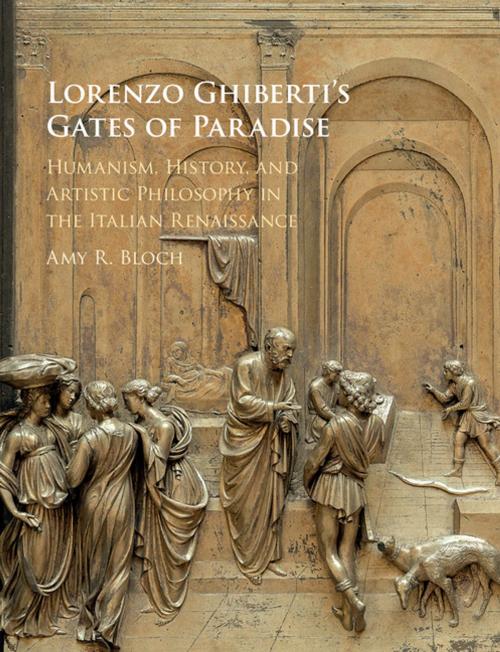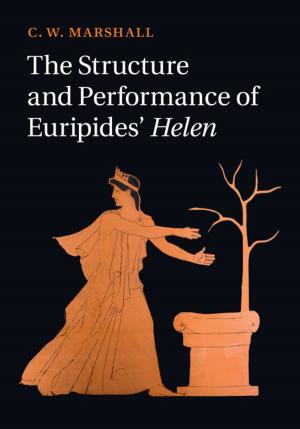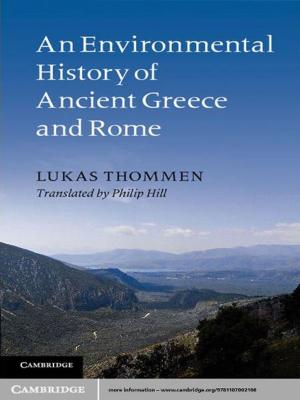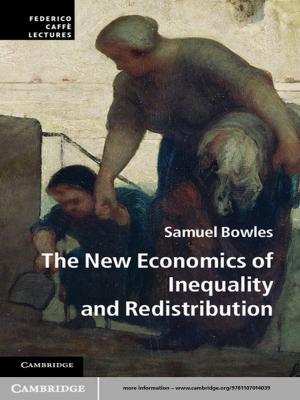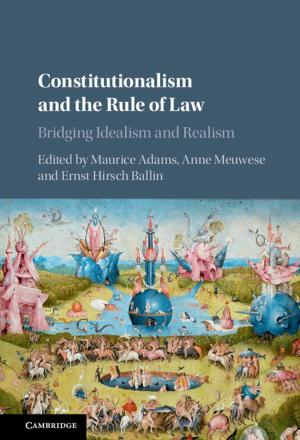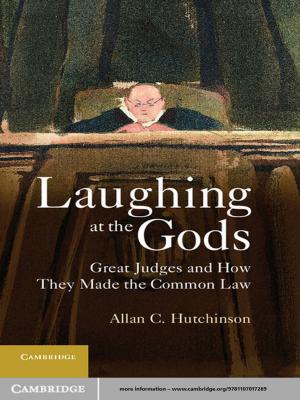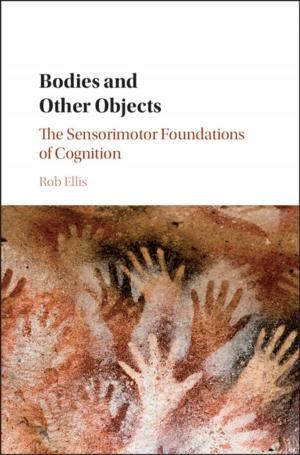Lorenzo Ghiberti's Gates of Paradise
Humanism, History, and Artistic Philosophy in the Italian Renaissance
Nonfiction, History, European General, Art & Architecture, General Art| Author: | Amy R. Bloch | ISBN: | 9781316403969 |
| Publisher: | Cambridge University Press | Publication: | February 9, 2016 |
| Imprint: | Cambridge University Press | Language: | English |
| Author: | Amy R. Bloch |
| ISBN: | 9781316403969 |
| Publisher: | Cambridge University Press |
| Publication: | February 9, 2016 |
| Imprint: | Cambridge University Press |
| Language: | English |
This book examines the heretofore unsuspected complexity of Lorenzo Ghiberti's sculpted representations of Old Testament narratives in his Gates of Paradise (1425–52), the second set of doors he made for the Florence Baptistery and a masterpiece of Italian Renaissance sculpture. One of the most intellectually engaged and well-read artists of his age, Ghiberti found inspiration in ancient and medieval texts, many of which he and his contacts in Florence's humanist community shared, read, and discussed. He was fascinated by the science of vision, by the functioning of nature, and, above all, by the origins and history of art. These unusually well-defined intellectual interests, reflected in his famous Commentaries, shaped his approach in the Gates. Through the selection, imaginative interpretation, and arrangement of biblical episodes, Ghiberti fashioned multi-textured narratives that explore the human condition and express his ideas on a range of social, political, artistic, and philosophical issues.
This book examines the heretofore unsuspected complexity of Lorenzo Ghiberti's sculpted representations of Old Testament narratives in his Gates of Paradise (1425–52), the second set of doors he made for the Florence Baptistery and a masterpiece of Italian Renaissance sculpture. One of the most intellectually engaged and well-read artists of his age, Ghiberti found inspiration in ancient and medieval texts, many of which he and his contacts in Florence's humanist community shared, read, and discussed. He was fascinated by the science of vision, by the functioning of nature, and, above all, by the origins and history of art. These unusually well-defined intellectual interests, reflected in his famous Commentaries, shaped his approach in the Gates. Through the selection, imaginative interpretation, and arrangement of biblical episodes, Ghiberti fashioned multi-textured narratives that explore the human condition and express his ideas on a range of social, political, artistic, and philosophical issues.
